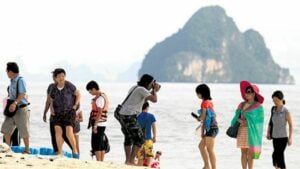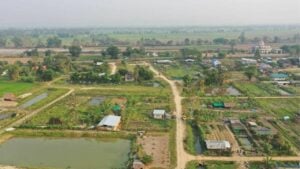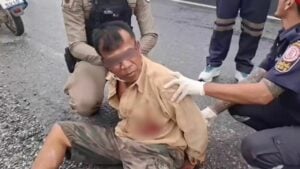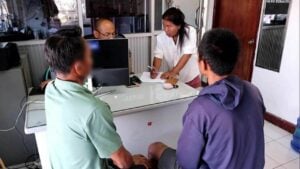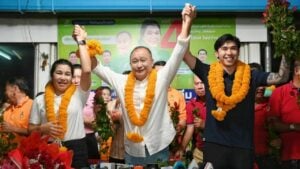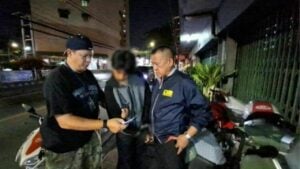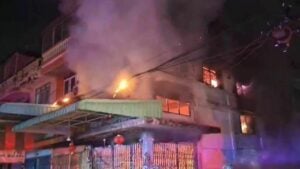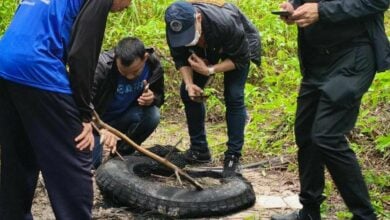UN decries “enforced disappearance”, calls for an end

The United Nations is calling on all countries in Southeast Asia to criminalise state abductions and ratify the International Convention for the Protection of All Persons from Enforced Disappearance. The organisation’s Human Rights Office says it’s “profoundly concerned” over continuing reports of enforced disappearances, after Wanchalearm Satsaksit, an activist living in exile, was abducted in Phnom Penh on June 4, becoming at least the ninth Thai pro-democracy activist to disappear from a neighbouring country since the 2014 coup.
2 of those activists, Chatcharn Buppawan and Kraidej Luelert, were found dead last year in the Mekong River on the Lao border, disembowelled and stuffed with concrete. Wanchalearm is still missing and his fate is unknown. A UN statement said:
“The time has come to end these heinous crimes in Southeast Asia. Strong commitments are needed by states to achieve that goal through adopting domestic legislation that meets international norms and standards and by fully implementing the Convention, including establishing appropriate domestic institutional mechanisms to investigate allegations of disappearances.”
Only 1 country in Southeast Asia, Cambodia, has ratified the International Convention, while 3 others, Indonesia, Thailand and Laos, are signatories but have not yet become party states.
The Working Group on Enforced or Involuntary Disappearances has documented at least 1,301 unsolved cases of enforced disappearance in Southeast Asia, nearly half from the Philippines. In the past 3 years, cases of enforced disappearances have been reported in Cambodia, Laos, Malaysia, the Philippines, Thailand and Vietnam. Indonesia is also dealing with a historical legacy of disappearances, including many committed in East Timor.
“Enforced disappearance is one of the worst possible human rights violations that can be committed, robbing families of the knowledge, often forever, of the fate of their loved ones. Families have the right to know and it is the responsibility of every government to urgently resolve these cases, to put in place mechanisms to prevent it from occurring, and to fulfil their obligations under international human rights law.”
The UN says that in Southeast Asia, individuals are targetted for exercising their fundamental rights to freedom of expression, association and peaceful assembly. Victims have included human rights defenders, environmental and political activists, government critics, lawyers and journalists.
“Impunity for this horrific act must end. Timely and credible investigations must be undertaken, the perpetrators must be identified and brought to justice and families provided the right to reparation.”
SOURCE: Nation Thailand
Latest Thailand News
Follow The Thaiger on Google News:








